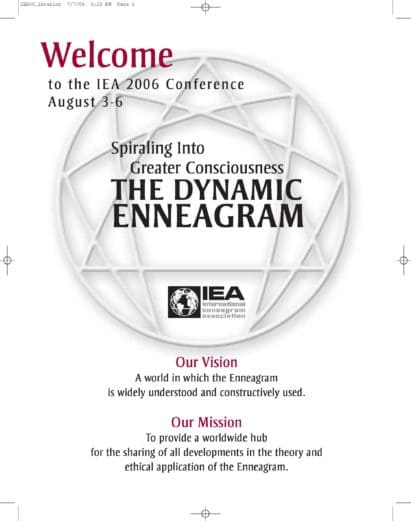[NO RECORDING]
The Nine-Dimensional Methodology for Innovative Thinking is a systematic approach that stimulates innovation by effectively using
both sides of the brain. It is a unified approach that builds on comprehensive problem-solving knowledge from
industry, business, marketing, math, science, engineering, technology, and daily life. The different dimensions, namely Uniqueness, Dimensionality, Directionality, Consolidation, Segmentation, Modification, Similarity, Experimentation, and Avoidance, provide leaders, managers, and workers with new insights and thinking strategies to solve problems they face.
The new methodology 1) looks at problems systematically; 2) enhances creative power and innovative skills of problem solvers; 3) helps to generate unique “out-of-the-box” unexpected and high-quality multiple solutions; 4) stimulates innovation by generating more and better ideas quickly; and 5) increases the productivity of the idea-generation process. This methodology works extremely well in brainstorming sessions. It is easy to teach, learn, and use. Preliminary results of the use of this method with persons whose Enneagram styles are known suggest that there is a relationship between a person’s Enneagram style and his or her preferred problem-solving mode. The presenters will explore possible explanations for this and will suggest some potential uses in the workplace.
Dr. Daniel Raviv received his Ph.D. from Case Western Reserve University in 1987 and M.Sc. and B.Sc. degrees from the Technion, Israel Institute of Technology in 1982 and 1980, respectively. He is a professor of Electrical Engineering at Florida Atlantic University, in Boca Raton, Florida. With more than twenty years of innovative teaching and high-tech industry experience, Dr. Raviv developed a fundamentally different approach to teaching “out-of-the-box” problem solving. For his unique contributions, Dr. Raviv has received numerous awards, including, the President’s Leadership Award and the Award for Excellence and Innovation in Undergraduate Teaching.
In addition to his many publications, conference addresses, and speaking engagements, Dr. Raviv has been working with the National Inventors Hall of Fame on several national educational programs and was the Keynote Speaker at the 2003 Induction Ceremony, where he shared his philosophy on the processes of invention and innovation with more than 60 inductees. He conducts innovation workshops nationally and internationally to various audiences at different universities, institutions, and businesses.
Dr. Alex Padva is a scientist with over 37 years of experience as an administrator, consultant, and researcher. He holds a Ph.D. from the University of Illinois in quantum-physical chemistry and has published several articles in peer-review journals including the prestigious Proceedings of the National Academy of Sciences.
Dr. Padva served as a combat officer in the Israeli paratroopers in duty service and in the reserves, was later an officer and a commander, and is a veteran of the 1968 and 1973 wars. He has taught creative problem-solving techniques for waste control in Florida, California, and Massachusetts, and in 1991, he was nominated for the President’s Environment and Conservation Challenge Award in Education and Communication. He has been an expert witness and an invited lecturer at close to 100 conferences, workshops, and professional meetings. And in June of 1994, Dr. Padva appeared before a subcommittee of the U.S. House of Representatives Committee on Science, Space, and Technology. He is a two-time graduate of Ginger Lapid-Bogda’s Train-theTrainers Enneagram course.
Daniel Raviv
Alex Padva
2006
2006 IEA Global Conference
Chicago, Illinois, USA



